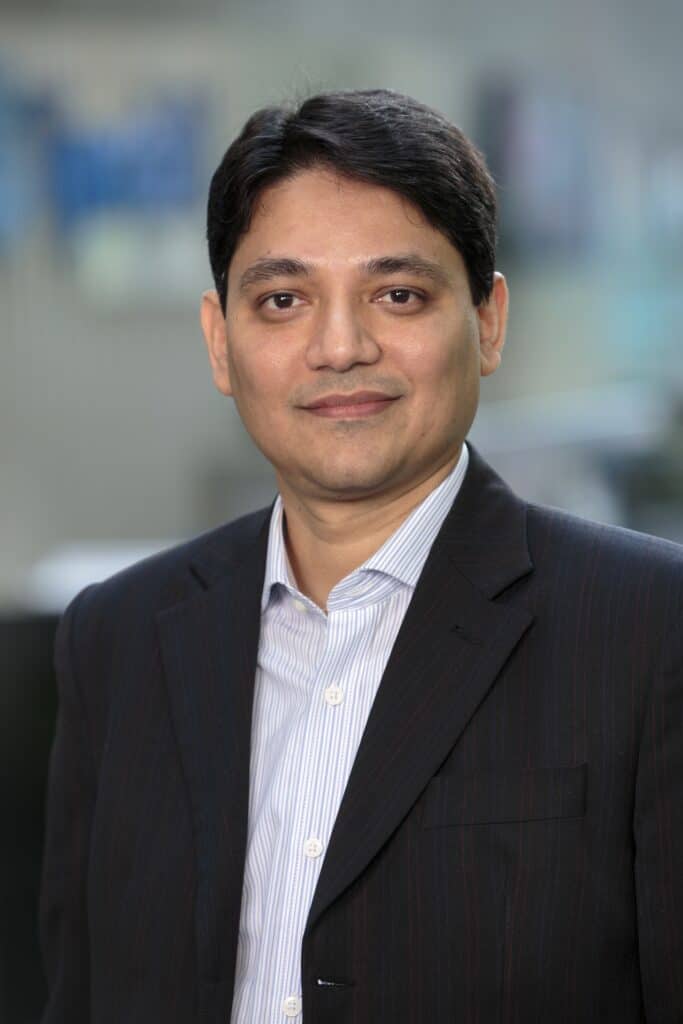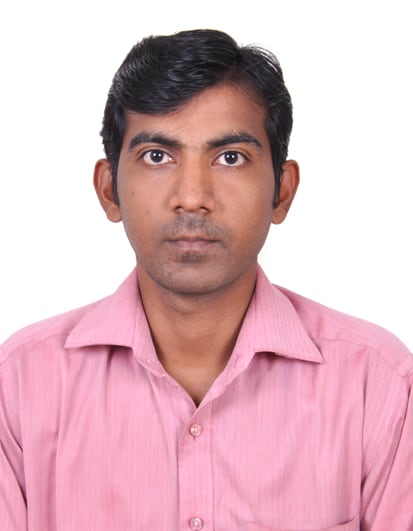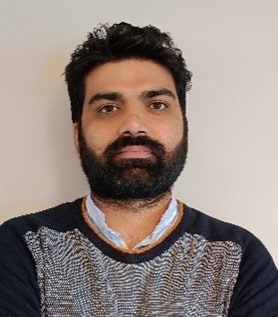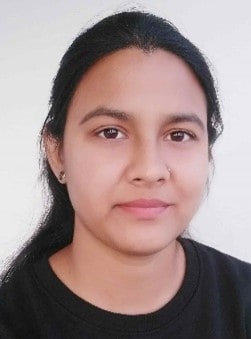The TRANSLATE project is a collaboration between multidisciplinary partners across Europe including University College of Cork (Ireland), Tyndall National Institute (Ireland), TU Darmstadt (Germany), University of Latvia, Cidete (Spain), and UCC Academy (Ireland). In this article, we introduce our partners from the Advanced Energy Materials Group (AEMG) at the Tyndall National Institute, Ireland, who are responsible for characterising and validating the fabricated thermoelectric cell in the TRANSLATE device, with the focus of targeted power generation.
Role in TRANSLATE
AEMG is an interdisciplinary research group that hosts researchers from several disciplines including materials chemistry and physics, electrochemistry, electronics and nanotechnology. Researchers in AEMG have expertise in the fabrication of nanostructure and nanoporous materials in Anodised Aluminium Oxide (AAO) and Polycarbonate membranes via electrodepostion to demonstrate nanowire based electrochemical devices, which can be extremely valuable for continuously powering electronic devices such as sensors and wearable electronics. As low-grade waste heat is projected to be one of the most sustainable, clean, and promising energy sources, AEMG researchers are conducting active research in energy harvesting from low-grade waste heat utilising the Seebeck effect (Heat to electricity) and the Soret effect (temperature dependent electrochemical redox potential).
AEMG members in the Tyndall National Institute along with The Materials Chemistry and Analysis Group (MCAG), UCC, will validate the fabricated thermochemical cell in the team’s self-designed standard thermocharacteristic system focusing to achieve a high thermovoltage (>25 mV/K) and high ZT (>1) for a low temperature gradient (ΔT 5K), and low operating temperature regime for continuous operation.
AEMG team members working on the project include:

Dr. Kafil M Razeeb is a Principal Scientist at Tyndall National Institute, UCC, where he leads the AEMG in the development of micro-thermoelectric energy generator and coolers. His group’s research is focused around addressing global challenges, particularly in energy storage and conversion and the development of biosensor related hybrid devices and systems.
Dr. Razeeb is a Principal Investigator of The Irish Photonic Integration Centre (IPIC) and a Funded Investigator of the Connect Centre. He is also coordinator and principal investigator of several European Commission, Science Foundation Ireland, Enterprise Ireland and Industry projects. Dr. Razeeb is a senior member of IEEE and Chartered Physicist and member of Institute of Physics.
UCC webpage – http://research.ucc.ie/profiles/E026/kafil.mahmood@tyndall.ie
Group webpage – https://www.tyndall.ie/Advanced-Energy-Materials/

Dr. Padman Narayanasamy is a post-doctoral researcher in the AEMG since 2014 and primary focus of his research is advanced materials development for energy storage and conversion applications specifically supercapacitor, superacapatteries, fuel cells, H2 production and biosensors. The current focus of his attention is in the synthesis of new functional materials, design and fabrication for low grade thermoelectric energy conversion and devices which are the targeted outcome of TRANSLATE project.

Amit Tanwar is a research student (PhD) in the AEM group and his research mainly focuses on the development of thermoelectric materials using the electrodeposition method and fabrication of micro-thermoelectric generator for wearable applications. He received his bachelor’s and master’s degrees in electronics in India.

Rajvinder Kaur has received her master’s degree in Physics (Nano Science & Technology) in India. She has worked on the development of micro-electromechanical system (MEMS) based gas sensors and biochemical sensors in India. Currently, she is a PhD student in the AEMG and her research focuses on developing new thermoelectric materials, modeling, and fabrication of micro thermoelectric devices for cooling applications.

